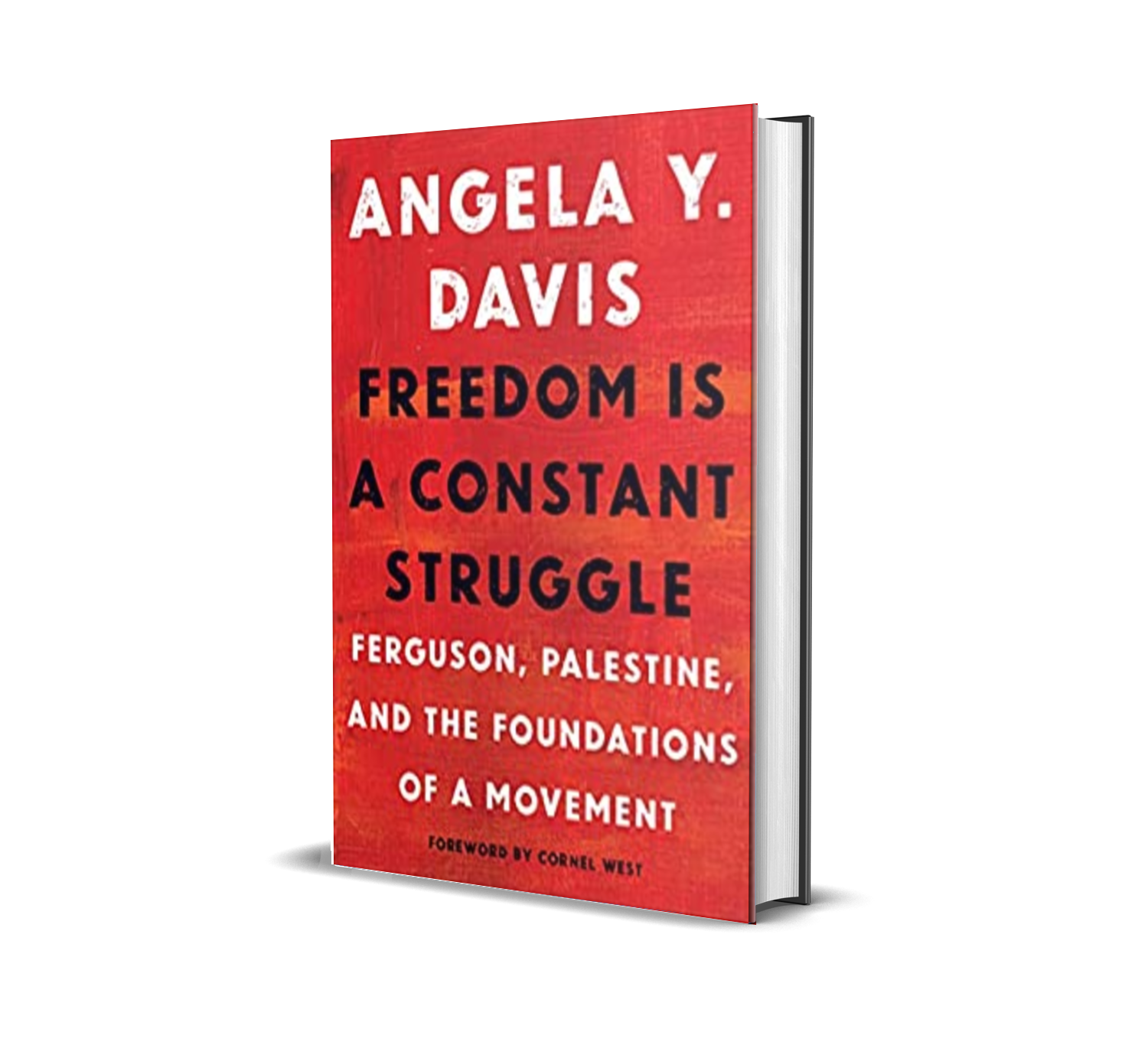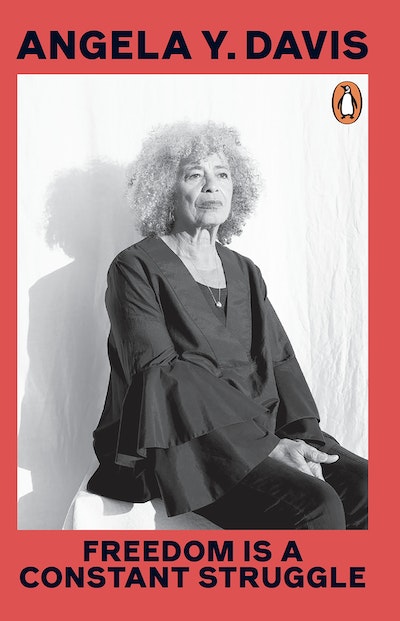
One of the most thought-provoking, albeit alarming, arguments of the book is the observation that our collective relationship to history is flawed. This is precisely what Davis does as she discusses racism, genocide, the prison industrial complex, and settler colonialism from a perspective of intersectionality. Throughout the book, Davis urges the reader to think together about things that seem to be distinct and isolated, and to disaggregate things that seem to organically go hand in hand (104). The remaining seven chapters are speeches Davis has given in universities in the U.S., Great Britain, and Turkey from 2013 to 2015. The book is an edited volume that includes three interviews with Angela Davis, conducted by Palestinian solidarity activist and one of the Russell Tribunal for Palestine coordinators, Frank Barat, over the year 2014. Her new book, Freedom is a Constant Struggle, borrows its title from a freedom song chanted in the Southern United States during the twentieth century freedom movement, and it speaks precisely of that, of the continuities rather than closures when it comes to the unfinished plights for freedom all over the world. Once on the FBI’s most wanted list, Davis continues to haunt the increasingly intricate authoritarian systems on a global level by her continuous commitment to the exercise of intersectionality. They say that freedom is a constant moaningĪdducing the old adage of actions speaking louder than words, Angela Yvonne Davis embodies radical citizenship, activist, and scholarly engagement through her history of anti-imperialist and feminist struggles. They say that freedom is a constant sorrow They say that freedom is a constant crying They say that freedom is a constant struggle She holds a two years fellowship on Sexual and Reproductive Health and Rights, and is a cofounder of the Gender and Sexuality Club at AUB.


At BRDI, she worked on developing social enterprises in the Arab World, was part of the creation of online courses on active citizenship, and drafted a reform proposal to the Lebanese Parliament on Domestic Violence and Spousal Rape. Roua worked as well as a junior Political Development Consultant at Beyond Reform and Development.


In Lebanon, she has been volunteering for over four years in NGOs on Migrant Domestic Workers Rights. In 2014, she published her first novel, Memory of the Pavement, which won the Arab Creativity Award in Literature of 2015 by the Arab Thought Foundation. She worked as a journalist, having a weekly opinion column in a Tunisian leftist newspaper, the Voice of the People, as well as in Tunisia Live, the first national English speaking media, covering the news of the revolution and the transitional period. Roua graduated from AUB with a degree in Political Studies, Transitional Justice, and Human Rights.


 0 kommentar(er)
0 kommentar(er)
